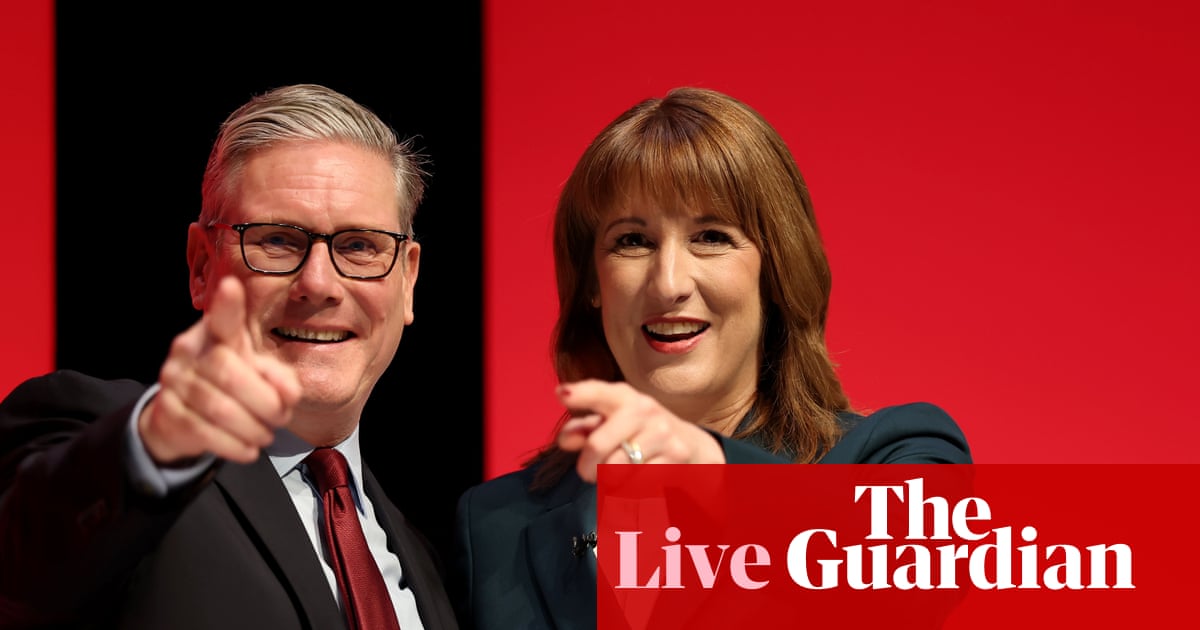Key events
Culture secretary Lisa Nandy has weighed in on the chancellor’s plans to drop awhat would have been a manifesto-breaking income tax hike this morning.
Nandy told Sky News that Rachel Reeves remains “completely focused” on the public interest, but added it would not be “helpful or right” to speculate about what is in the November 26 budget.
When asked if the latest reported u-turn made it look like the Labour government’ didn’t know what it was doing, Nandy said:
I’ve known the Chancellor well for 15 years now, and I can tell you that she is solely and fiercely focused on the challenges facing the country and doing what is in the best interests of the country.
She’s never been shy of facing people down in order to do that in opposition and in government.
Over the course of the last few weeks, obviously I’ve had some discussions with her and her team about measures in the budget that may affect my department, proposals that we’re making, and discussions that ordinarily happen across government, and in every one of those discussions, it’s been the public interest that she’s completely focused on.
Introduction: Reeves backs off income tax hike; China sees further factory slowdown
Good morning, and welcome to our rolling coverage of business, the financial markets and the world economy.
We start the day with a u-turn from the Labour government, with chancellor Rachel Reeves set to abandon a plan to raise income tax in her 26 November budget.
The chancellor had previously informed the budget watchdog of plans to raise income tax – breaking one of Labour’s key manifesto pledges. But the Guardian has since confirmed that those main measures have been ditched.
The Financial Times, which first broke the story, has reported that Reeves may instead look at thresholds at which people pay tax (which is likely to be seen as an income tax rise by stealth).
However, Reeves is now likely to have to rely on a string of small tax hikes in order to fill what is expected to be a multibillion-pound “hole” in the public finances, sparked by weaker productivity and u-turns on other policies including cuts to the winter fuel allowances and disability benefits.
On the other side of the world, China is reeling as freshly released data showed factory output and retail sales grew at their weakest pace in over a year in October.
Industrial output grew 4.9% year-on-year in October, according to China’s National Bureau of Statistics (NBS) marking the weakest annual pace of growth since August 2024. That was down from a 6.5% rise in September, and fell short of the 5.5% forecasted in a Reuters poll.
Meanwhile, retail sales – a key sign of consumer confidence and spending – expanded 2.9% last month, also marking the worst pace since August last year that was down from a 3.0% rise in September.
The figures will pile further pressure on policymakers in Beijing to do more to support China’s export-driven economy, as they face further risks from a trade war with the US and weak domestic demand.
On top of the agenda items below, we’re also expecting a Q2 update from Jaguar Land Rover later this morning. Stay tuned!
